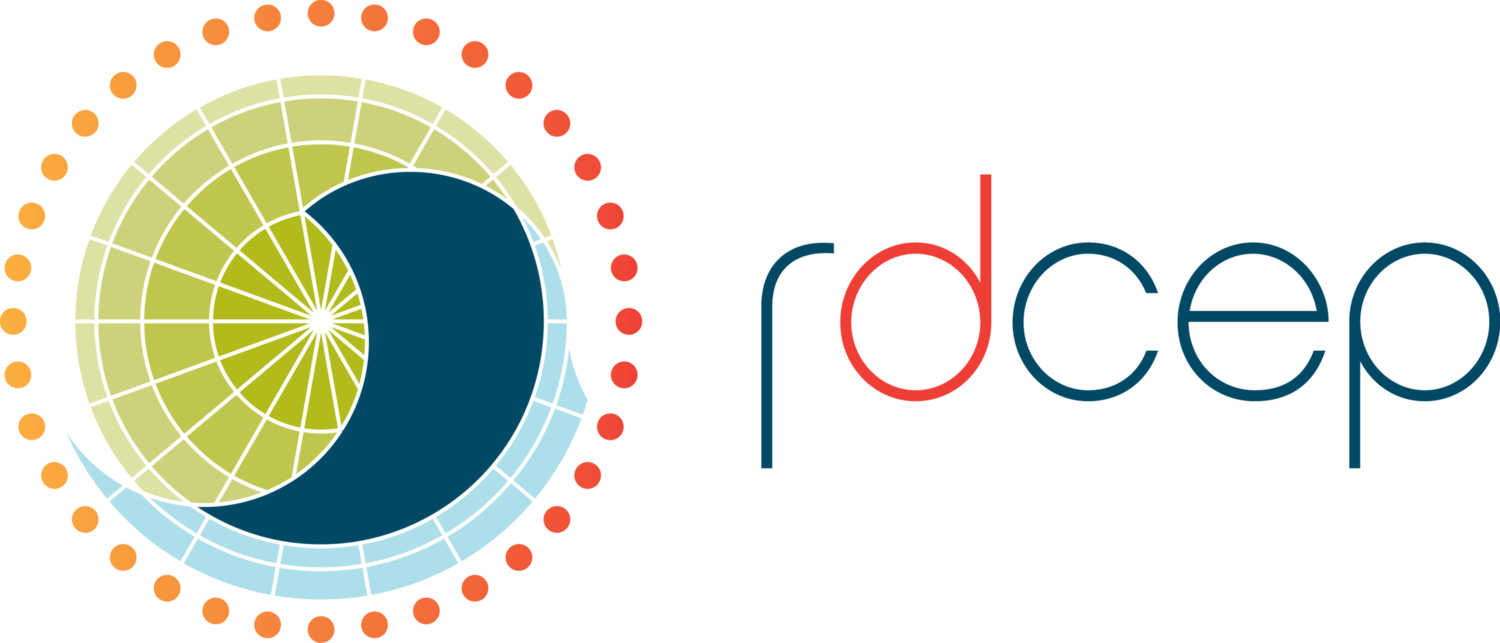Thomas Hertel
/ Alison Brizius
Distinguished Professor, Agricultural Economics, Purdue University Executive Director and Founder, Center for Global Trade Analysis
Areas of Expertise:
Climate change impacts and mitigation
Global land use change
Global food security and environmental change
Thomas Hertel is Distinguished Professor of Agricultural Economics at Purdue University, where his research and teaching focus on international trade, climate change, food and environmental security. Dr. Hertel is a Fellow, and a Past-President, of the Agricultural and Applied Economics Association (AAEA). He is also a fellow of the AAAS (2018). Hertel is the founder and Executive Director of the Global Trade Analysis Project (GTAP) which now encompasses more than 15,000 researchers in 170 countries around the world (www.gtap.org). This Project maintains a global economic data base and an applied general equilibrium modeling framework which are documented in the book: Global Trade Analysis: Modeling and Applications, edited by Dr. Hertel, and published by Cambridge University Press. He has supervised more than forty PhD students and published more than 120 peer reviewed journal articles, along with several dozen book chapters as well as four books. Professor Hertel is the inaugural recipient of the Purdue University Research and Scholarship Distinction Award. He has also received a number of AAEA awards including: Publication of Enduring Quality, Distinguished Policy Contribution, Outstanding Journal Article and Quality of Communication. He has also been Advisor to two Outstanding AAEA PhD and MS theses.
























